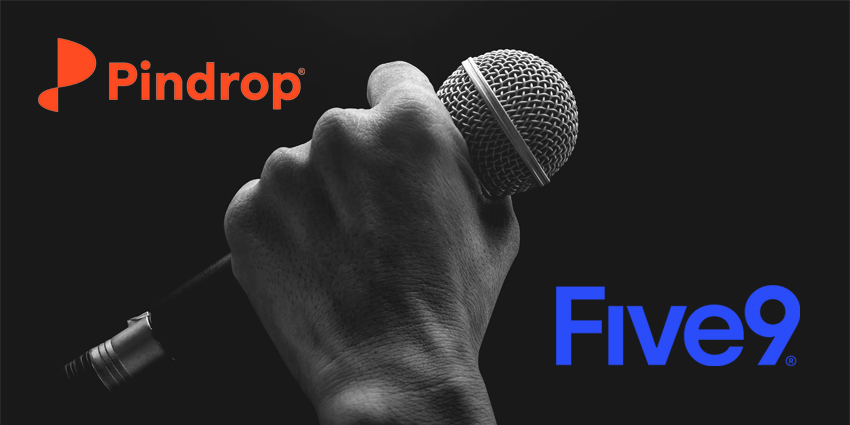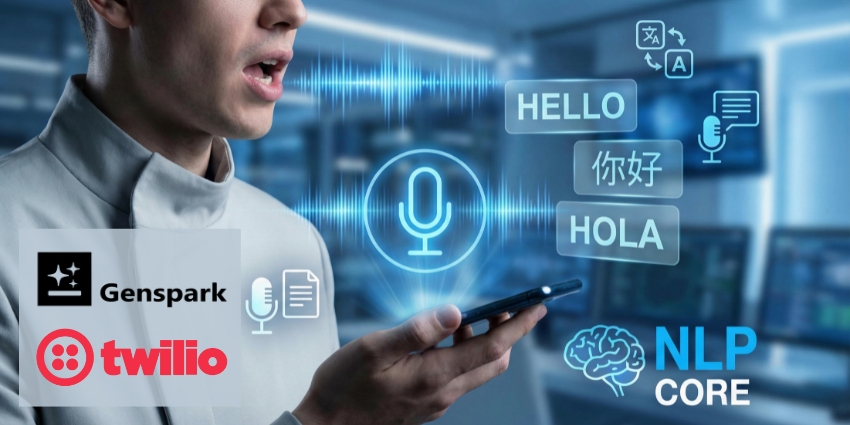Microsoft has launched a new native desktop app for businesses that leverage its Dynamics 365 Contact Center.
While the announcement isn’t as headline-grabbing as agentic AI or Copilot enhancements, this one could quietly solve a major pain point: contact center reliability.
Indeed, the “Desktop Companion App”, now in public preview, will help prevent dropped calls, stabilize agent workflows, and minimize session interruptions.
In many hybrid and high-volume environments, these issues are too pervasive, with dropped customers often leading to customers calling back angry.
Yet, the new desktop app keeps agent sessions alive and stable, even when browsers crash, cookies disappear, and network gremlins strike.
Moreover, the app helps to combat browser-based interruptions, which sometimes result in agents losing session data.
While it might sound minor, for agents juggling customer queries, compliance steps, and multiple systems, even a few seconds of disruption can throw everything off course.
So, how does it work? Well, the new app sidesteps the browser altogether. Installed locally on Windows, it offers a persistent client that can reconnect to active conversations, preserve session context, and reduce the risk of dropped calls.
That, in turn, means fewer headaches for agents and potentially less churn in customer interactions.
A Reliability-Focused Move
Microsoft framed the release as a direct response to enterprise customer feedback, particularly from organizations with large agent teams and strict uptime expectations.
One such organization is Vivid, a major housing provider that was selected as one of the preview customers for the Desktop Companion App.
Describing the benefits of the solution, the Microsoft Dynamics 365 Contact Center customer stated:
Our calls are connecting quicker. It’s so speedy for agents to be able to answer the call and talk directly to them… The delay between accepting calls and being able to hear the customer has gone.
In a market increasingly driven by automation, AI assistants, and omnichannel orchestration, Microsoft’s move here feels refreshingly grounded. It’s a reminder that before brands can layer in clever tech, the foundations need to hold firm.
Also, as the Dynamics 365 Contact Center platform passes its first birthday, investments like this suggest Microsoft is quietly maturing its core infrastructure, not just its AI story.
Microsoft & Its Fellow Hyperscalers Are Offering Contact Centers Unique Innovations
Interestingly, Microsoft has followed Google in bolstering the reliability of its own CCaaS offering.
As reported by CX Today, Google bolstered its solution with cross-region failover in 2024. So, if one region suffers from a major cloud outage, a failover will kick into action.
Like Microsoft, the innovation tackles the less glamorous but vitally important challenge of making contact centers dependable, which is still a key issue. After all, many enterprises cite reliability as a key reason for continuing to leverage legacy, on-premise infrastructure.
Interestingly, both offerings also showcase how Microsoft and Google can harness their broader portfolios to offer unique innovation in the contact center space.
For both hyperscalers and AWS, that ability to tap into a wider pool of enterprise technologies may help them unlock new-look agent and customer experiences.
Interestingly, Microsoft made another major move earlier this year to close the gaps in its portfolio and offer differentiation.
Indeed, it announced Microsoft Teams Phone extensibility for the Dynamics 365 Contact Center, enabling businesses to deploy one voice platform across UCaaS and CCaaS.
As a result, businesses can simplify their contact center deployments, boost worldwide voice coverage (again improving reliability), and streamline billing.
Expect more moves like this from Microsoft, as well as Google and AWS.







